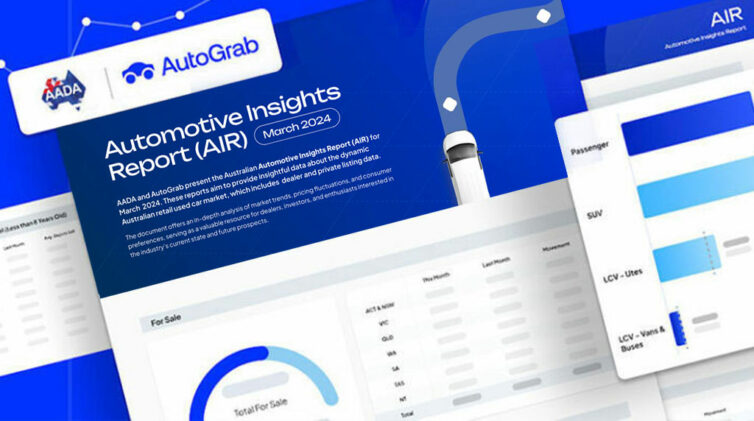GoAutoNews Premium has been made aware of the sudden one-month rise in sales by some importers, and dealers say that the practice of pre-reporting of vehicles – known as cyber-cars because their sales exist only in space – is partly responsible.
In one instance, Mitsubishi had a 32.5 per cent share of the South Australian vehicle market in September after selling 2158 vehicles, double that of Toyota. The previous month it sold 570 vehicles and had an 11.1 per cent market share.
In March, Mitsubishi had a 24.6 per cent market share in the state with 1707 vehicle sales for the month.
Mitsubishi Motor Australia Ltd spokesman Karl Gehling said the increase in sales was attributed to clearing of older stock via direct fleet sales to rentals, lease vehicles and company cars.
He said the large sales increase exclusive to South Australia was because vehicles were attributed to MMAL’s head office in Adelaide.
One multi-franchise dealer said the sales spikes for some Japanese brands was due to pressure from head office to meet targets, with bonuses attached before the end of the financial year, and at the half-year mark. These are March and September respectively.
As reported, Mitsubishi’s alliance partner Nissan recently asked its franchise dealers to take 45 days of stock in a move seen by some as being an example of pressure that will encourage cyber-car pre-registration activity.
The obvious and often unusual changes in sales is not new to the Australian market and has been blamed in many cases on the practice of pre-registering vehicles.
The practice has been the cause of some angst between dealers – some of who claim to be pressured to take additional cars and register them to make it appear extra sales have been made – and OEMs.
It has also been fingered as giving incorrect data to government authorities – including state departments who have introduced state-based luxury car taxes based on high sales of prestige cars – and the Australian Bureau of Statistics whose data is used to mould economic policies.
Asked about the cyber-car issue at a media event this week, the COO of Kia Motors Australia, Damien Meredith, said: “Everyone has different business models and the reality is prestige manufacturers have been doing this for a long time.
“The volume manufacturers took a while to catch up. I think it is better for the brand and dealer group not to be involved in it.”
He said it was not an activity in which Kia was involved.
“Dealers know who is doing it. You can be rest assured that if you spoke to any Kia dealer they would say the relationship between ourselves and the dealer network that reporting of non-sale cars doesn’t exist,” he said.
GoAutoNews Premium reported last month that the Federal Chamber of Automotive Industries (FCAI) is close to introducing a revised sales reporting service for new vehicles in Australia that should more accurately reflect actual retail sales to genuine consumers.
FCAI chief executive Tony Weber said: “We have a contract with our provider, IHS Markit, to have continuous improvement. Data collection right around the world, and the use of data, is becoming more and more sophisticated.
“In that environment, we believe there is more that can be done and we are working with our data provider to bring the latest technology, and to bring third parties to the table, beyond IHS Markit, so that we can have better quality data.”
Asked to describe what the new system will look like, Mr Weber said: “What we are going to see is a closer alignment between sales and the keys going into the hands of consumers.”
But he also said the situation was more complex than simply not counting a new vehicle as a reported retail sale until it is registered to a genuine consumer.
“There are broader issues. Like so many of these things, they sound simplistic but when you actually delve into them, they are more complex. That’s why we need to have, and need to work on, the integrity of the scheme, and that’s what we are doing,” he said.
“There are many fronts to this but I have always said, and I will say it again and again, at the end of the day every car has one VIN and it has to be either sold or scrapped – and very few cars are scrapped in this country.”
Mr Weber said it was important for the industry to supply accurate sales figures for reasons such as integrity and transparency, but did not commit to a specific code of conduct governing how car manufacturers report new-vehicle sales in Australia.
“I agree with your underlying statement that it’s important to get this data right,” he said.
“We have rules in place, and have always had rules in place, and it is the responsibility of the dealers who report these sales to the OEMs, and the OEMs themselves, to play by those rules.
“But we have technology out there that we are investigating. If that technology comes up with the green light, we will introduce that to the marketplace as quickly as possible.”
By Neil Dowling













 Read More: Related articles
Read More: Related articles

